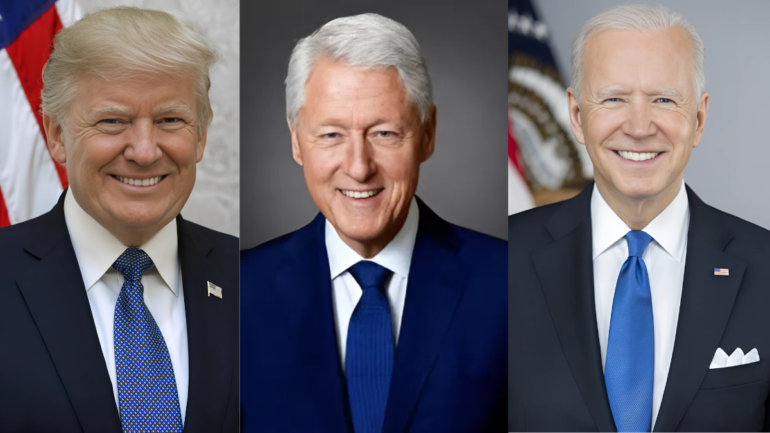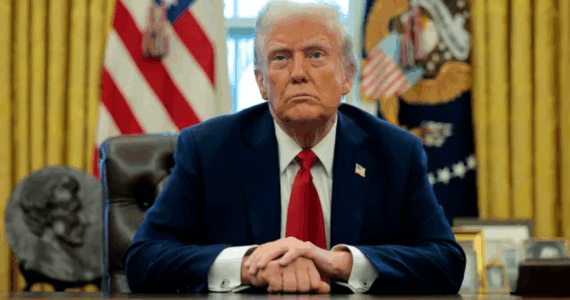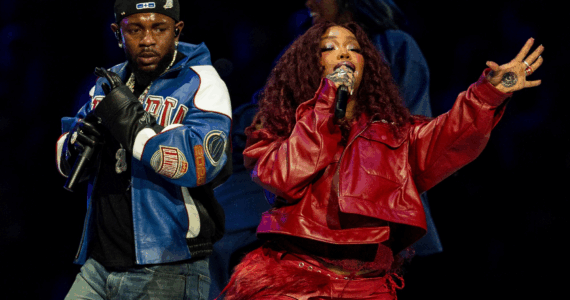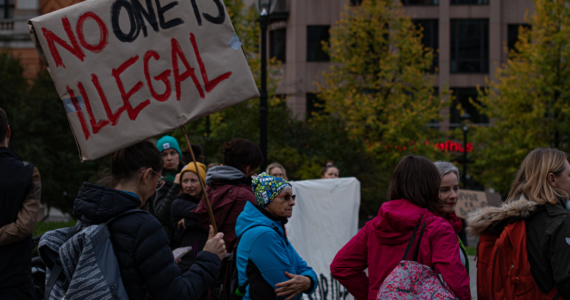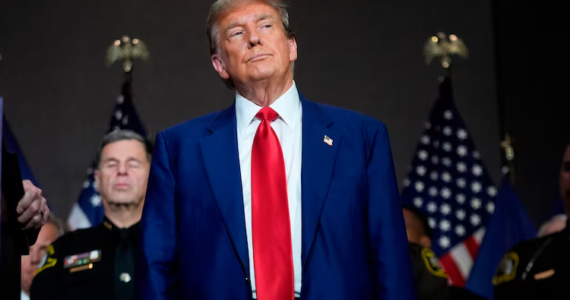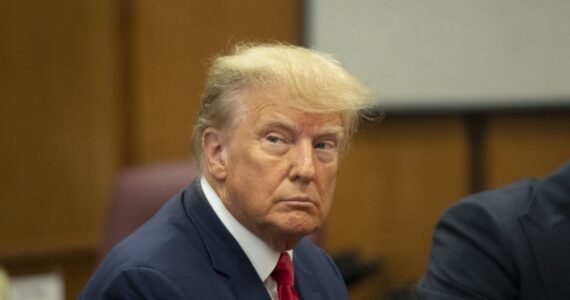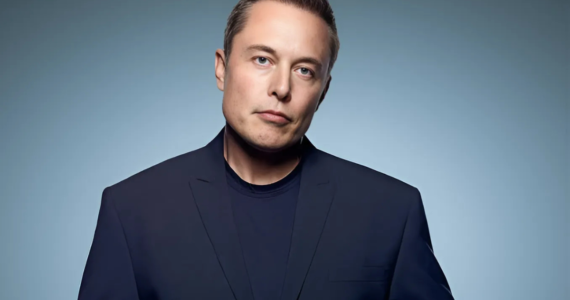The United States, with its promise of equality, often operates on systems that appear to weigh individuals differently. These differences are based on their status, wealth, or race. One glaring example is the stark disparity between the powers of the President and the lack of similar privileges for the average citizen. This disparity particularly affects marginalized groups like Black Americans. This contrast exposes inequities in accountability, privilege, and systemic oversight. The unequal justice system is evident when those in power avoid consequences while everyday citizens, especially Black Americans, are held to a much harsher standard.
Presidential Pardons: Shielding Family from Consequences
One striking example of presidential privilege is the ability to pardon family members. President Bill Clinton famously used his pardon power to benefit his brother, Roger Clinton. Roger had been convicted of a drug-related offense in the 1980s. Critics argued that this move, which wiped away Roger’s criminal record, demonstrated how familial ties can insulate individuals connected to the highest office from the consequences ordinary citizens face for similar crimes.
More recently, President Joe Biden issued a controversial pardon to his son, Hunter Biden, in 2024. Hunter had faced legal challenges related to his business dealings and tax-related offenses. Biden’s pardon sparked debates about whether it was an attempt to shield family members from legal consequences.
While legal scholars argue that presidents have the right to pardon individuals, others see these actions differently. Some view them as emblematic of a broader concern that the elite can avoid the full extent of the justice system. These pardons have sparked debate about whether they reinforce unequal justice for the privileged. Critics question if this practice further highlights the disparity between those in power and everyday citizens. The discussion underscores the tension between legal authority and perceived fairness.
Running for Office While Under Scrutiny: A Loophole for the Powerful
Another illustration of the disparity is the ability of presidents or candidates to seek public office while embroiled in criminal investigations. Former President Donald Trump, facing multiple indictments, exemplified this reality during the 2024 election. Trump won the 2024 presidency despite being convicted of felonies. He also faced allegations ranging from mishandling classified documents to election interference. This further highlights how unequal justice can provide loopholes for powerful figures to bypass legal accountability. This reality starkly contrasts with the experience of regular citizens. For many, even the mere accusation of wrongdoing can derail their career prospects. Presidential candidates, however, can navigate the political arena while under scrutiny and continue to seek office with minimal disruption. The comparison underscores the vast disparity in how justice is applied based on status and influence.
This continued ability for individuals to seek the highest office even while facing legal battles raises questions about the fairness of the system and the double standards at play.
Presidential Enrichment: Leveraging Public Office for Personal Gain
Presidential enrichment is another contentious issue. During his time in office, Donald Trump was frequently accused of profiting from his presidency. His properties, such as the Trump International Hotel in Washington, D.C., benefited from visits by foreign dignitaries and government officials. This raised concerns about conflicts of interest and potential violations of the Emoluments Clause. Similarly, Jared Kushner, his son-in-law, secured a $2 billion investment from a Saudi Arabian fund shortly after leaving the administration. This move further fueled allegations of leveraging public office for private gain.
The Struggle for Equality: The Hardships Faced by Everyday Citizens
In stark contrast, regular citizens—particularly Black Americans—face a judicial system that is often unforgiving. Many are disproportionately penalized for minor infractions, burdened with criminal records that hinder employment, voting rights, and housing opportunities. A single mistake can derail a person’s life indefinitely, with no hope of a pardon or reprieve.
While the President can wield power to protect their interests, everyday people lack such privileges. For instance, a Black individual accused of a crime is more likely to be convicted. They are also more likely to receive harsher sentencing than their white counterpart. Even after serving time, reintegration into society is fraught with systemic barriers. These challenges starkly contrast with the political and financial networks that often buoy privileged figures. The unequal justice highlights how race and privilege shape outcomes within the justice system. These disparities result in vastly different consequences for individuals depending on their social and racial status.
A Call for Accountability and Equality
The duality of privilege for those in power and penalties for the powerless highlights America’s ongoing struggle with equality. While the President can pardon their family, evade consequences, and enrich themselves with minimal oversight, many Americans, especially Black individuals, are held to an unforgiving standard.
The question remains: How can a society that prides itself on justice reconcile such disparities? If accountability is the foundation of democracy, it must apply equally, regardless of status or race. It’s time for America to live up to its ideals and ensure that no one, not even the President, is above the law.
Let’s discuss: What reforms do you think are necessary to bridge this divide?
Follow MEFeater on Twitter, Instagram, Facebook, and Pinterest for more political news and updates


